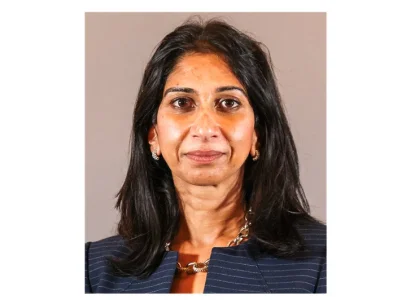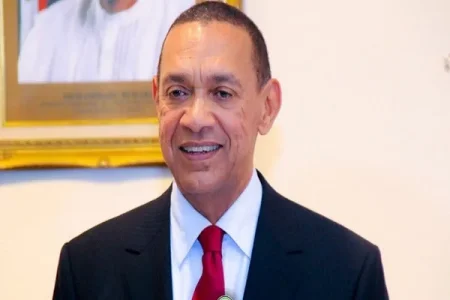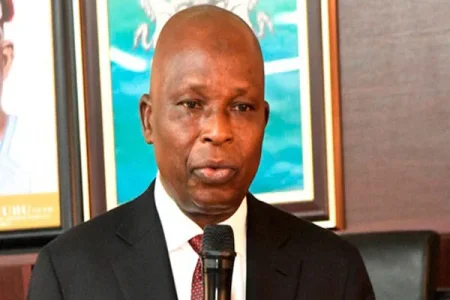UK Home Secretary Suella Braverman has made a statement that has raised concerns among Nigerians seeking refuge in the UK. While speaking to the American Enterprise Institute in Washington, DC, Braverman questioned the relevance of the United Nations Refugee Convention 1951 in today's context. According to Sky News, she expressed that simply being gay or a woman should not automatically qualify one for protection under international refugee laws. This statement could have significant implications for Nigerians, especially given Nigeria's strict anti-gay laws. Many Nigerians have sought refuge in the UK to escape persecution and hope for a life of freedom and acceptance.

Western nations, including the UK, have historically advocated for LGBTQ+ rights in Africa, urging countries to reconsider and reform their anti-gay stances. However, Braverman's recent comments might be perceived as a departure from this advocacy, potentially complicating diplomatic relations and the broader discourse on human rights.
Braverman also highlighted the need to differentiate between "seeking asylum" and "seeking better economic prospects". Her comments come amid a backdrop of tens of thousands crossing into the UK, despite legislative efforts by both Boris Johnson and Rishi Sunak.
As the UK grapples with its asylum policies, the fate of many Nigerians hangs in the balance, and the broader message to African nations on LGBTQ+ rights remains uncertain.

Western nations, including the UK, have historically advocated for LGBTQ+ rights in Africa, urging countries to reconsider and reform their anti-gay stances. However, Braverman's recent comments might be perceived as a departure from this advocacy, potentially complicating diplomatic relations and the broader discourse on human rights.
Braverman also highlighted the need to differentiate between "seeking asylum" and "seeking better economic prospects". Her comments come amid a backdrop of tens of thousands crossing into the UK, despite legislative efforts by both Boris Johnson and Rishi Sunak.
As the UK grapples with its asylum policies, the fate of many Nigerians hangs in the balance, and the broader message to African nations on LGBTQ+ rights remains uncertain.




